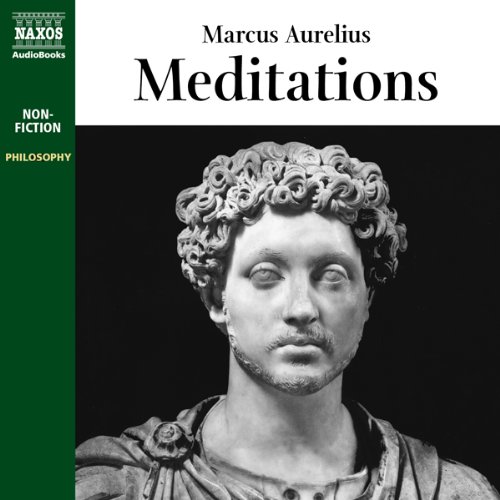Meditation is generally not considered haram in Islam; however, its practices should align with Islamic teachings and avoid any un-Islamic elements.
Many Muslims wonder whether meditation is permissible in Islam. The answer depends on the type of meditation and its spiritual intentions. Islamic meditation (muraqabah) is encouraged, while practices tied to other religions may be haram.

What Is Meditation in Islam?
Islamic meditation differs from secular or Eastern practices. It focuses on:
- Dhikr (remembrance of Allah)
- Tafakkur (contemplation of creation)
- Muraqabah (self-awareness of Allah’s presence)
The Quran mentions in Surah Ar-Ra’d (13:28): “Verily, in the remembrance of Allah do hearts find rest.” This forms the basis of Islamic meditation.

Permissible Forms of Islamic Meditation
1. Dhikr Meditation
Repeating Allah’s names or Quranic verses silently. This aligns with spiritual healing practices that focus on divine connection.
2. Nature Contemplation
Reflecting on Allah’s creation as mentioned in Surah Al-Imran (3:191). This can be enhanced by using natural stones as focal points.
3. Muraqabah Practice
Being consciously aware of Allah’s constant presence and observation.
When Meditation Becomes Haram
Meditation crosses into haram territory when it involves:
| Practice | Reason |
|---|---|
| Yoga with Hindu mantras | Contains shirk elements |
| Buddhist chanting | Non-Islamic spiritual beliefs |
| New Age visualization | May involve shirk or superstition |
Benefits of Islamic Meditation
Proper Islamic meditation offers:
- Increased khushu (humility) in prayer
- Reduced stress and anxiety
- Stronger connection to Allah
- Better self-discipline
According to Islamic scholars, meditation becomes problematic only when it incorporates forbidden elements from other religions.
Alternative Healing Methods
For Muslims seeking healing alternatives to meditation:
- Recitation of Quran (Ruqyah)
- Regular salah with presence of mind
- Dua and istighfar
- Physical exercise like swimming or archery
As mentioned in IslamQA, the Quran itself is described as “a healing and mercy for believers” (17:82).
Practical Tips for Islamic Meditation
1. Morning and Evening Adhkar
Establish a routine of morning and evening remembrance.
2. Focused Breathing with Dhikr
Coordinate breath with phrases like “SubhanAllah” or “Alhamdulillah.”
3. Quranic Reflection
Ponder deeply over short Quranic verses during quiet moments.
Common Misconceptions
Many confuse Islamic meditation with:
- Emptying the mind completely (Islam encourages focused thought)
- Chanting in foreign languages (Arabic dhikr is preferred)
- Assuming special postures (no required positions in Islam)
The key is maintaining pure Islamic intentions and avoiding syncretism with other religious practices.
